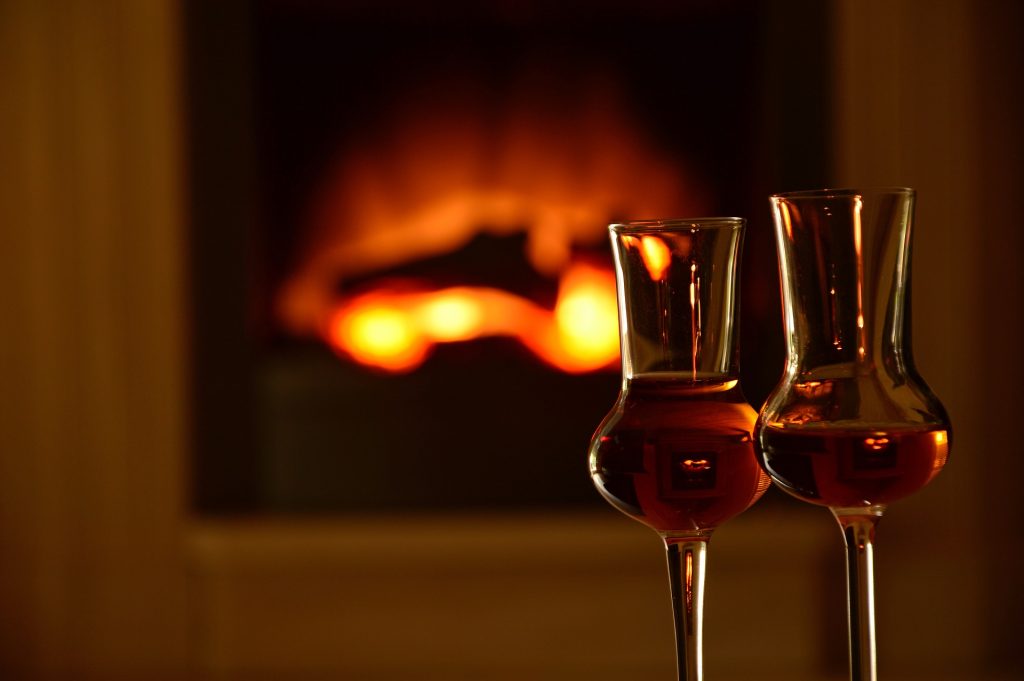Simple truths about using woodburners

No doubt you’ve seen recent media headlines warning people not to use woodburners for health reasons.
University of Sheffield researchers looked at particulate matter (PM) produced in ‘20 different [DEFRA certified] stoves over four weeks, recording 260 uses’ (Atmosphere journal). PM is an air pollutant deemed harmful to health and types such as PM2.5 are produced by fire combustion.
The researchers kept a research diary noting info on the time lit, amount and type of fuel used, and duration of use. Conclusions from the study found that the opening of the stove door was largely responsible for introducing PM pollution into the home. The researchers concluded that ‘the study demonstrates that people inside homes with a residential stove are at risk of exposure to high intensities of PM2.5 and PM1 within a short period of time through normal use reflected in the testing and regulation of residential stoves’.
The problem with a scientific study like this is that facts presented can seem absolute. That’s certainly the way some tabloid newspapers have interpreted it, gathering comments on the study by organisations such as Asthma UK (who don’t clearly call for a ban on stoves – the charity’s website actually says: “If you’re using a wood-burning stove, make sure it’s well maintained, and that you’re using dry woods (look for a ‘Ready to burn’ symbol). Newer designs are usually better and pollute less.”
The key phrase in this study is ‘normal use’. How do you define ‘normal use’ of a woodburner? And is the stove being used efficiently? The Burnright campaign, supported by James the Sweep, educates people to burn dry wood at a higher burn rate, to ensure there is less pollution. There’s a lot more to efficient use of a stove than consumers can realise. Education is key to safely using an appliance.
Perhaps the problem isn’t the use of woodburners but HOW we use them. Making sure the stove doors aren’t left open for more than is needed. Making sure the woodburner is fit for purpose (and the chimney clean) – ‘mak[ing] sure it’s well maintained’ as Asthma UK says. Making sure you use dry wood with a moisture content of 20 per cent or less.
This scientific study doesn’t really reveal anything we didn’t already know, in terms of common sense. We know that particulate matter can be produced by combustion. It’s obvious that opening a stove door hosting a lit fire will allow an uptake of particulate matter into the room; especially if the door is left open for longer and if there are ventilation problems in the room. An unswept chimney will also block safe emissions of combusted fire gas.
That is why it is so – SO – important to make sure that your stove is properly maintained (as Asthma UK says) and follow your chimney sweep’s guidelines for burning fuel and appliance care.
Fire can harm us in two ways: obviously from burning us if we touch the flames and also from gas that is produced. Having an indoor fire therefore naturally carries risks. But those risks can be lessened by consumers educating themselves on safe appliance and chimney care, and fire combustion. Stove manufacturers are also likely to reevaluate stove design in the future, it’s a constantly evolving process and we’ve already come a long way since large Victorian open fires were the norm.
Woodburners, when used efficiently with less risk of pollution, carry health benefits in terms of generating physical warmth. They cost less money, which is an important consideration for those suffering fuel poverty. The psychologically positive aspects of an indoor fire, which is a very important factor during these times of the Covid pandemic when mental health is an issue, are massive.
Please take note that despite the headlines: woodburners are not being disused or banned (the Government has no intention of banning woodburners). Consumers do need to educate themselves on safe appliance care and fire use – and stove manufacturers are likely to reevaluate stove design in the future.

